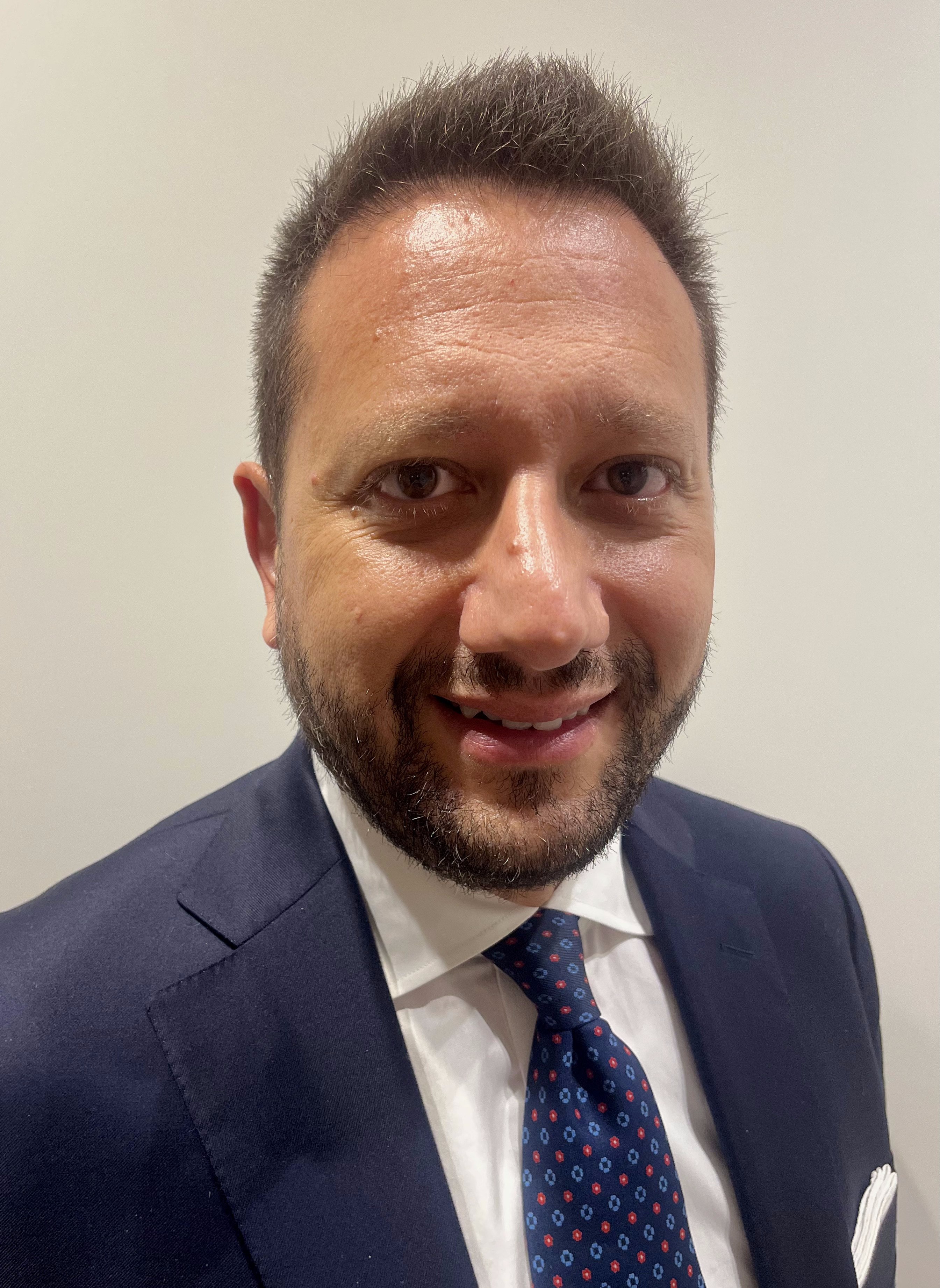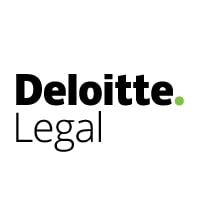

Head of Legal, Privacy & Compliance | Alliance Medical Italia



Vincenzo Ilardo
Head of Legal, Privacy & Compliance | Alliance Medical Italia
How do you handle legal aspects during periods of instability or crisis, and how does the legal strategy evolve to ensure the organisation is both protected and resilient in such crises?
I believe the importance of the legal team within an organisation lies in being able to provide the widest possible range of services. This means not only responding to strictly legal requests that come to our office, but also considering the needs of other departments—whether it is Finance, HR, or the Diagnostic Centres team anticipating their needs with legal solutions able to grant the fully compliance in a simpler way is possible. It is about being able to provide an answer that takes into account everyone’s needs. This is the added value our team can offer compared to an external law firm. While an external firm may give a precise and perfect legal answer, they do not always know what the management actually wants to achieve in a medium-long time period: they are essential for big projects where you need of a multidisciplinary team that work in a very efficient way, but, in my opinion, an internal team is the best way to have someone that accompanies a company on the day by day journey as a business partner.
By working closely with my fellow management colleagues, I am able to tailor our legal responses not only correctly from a legal perspective but also in line with the company’s needs. I believe this is the added value that, especially in times like these, where decisions are made with resilience or new opportunities in mind, it is crucial to provide fast answers that guarantee business continuity in the medium and long term.
Can you tell me about any transactions or particular cases you’ve worked on this year?
Sure. Last year, the biggest part of our work was related to the fact that last February Alliance Medical Group were sold. So, last year was particularly challenging due to all the support required for the due diligence and acquisition process; this was definitely the biggest challenge of last year for the importance of the transaction and also because it took a whole year of work.
What do you believe will be the main legal challenges for companies operating in Italy over the next five years?
One of the most important challenges in the coming years is understanding when this state of uncertainty will end and being ready to seize new opportunities as soon as possible. As we mentioned earlier, the role of the legal department can be crucial in following business strategies and opportunities while ensuring compliance with the law, especially in highly regulated environments like ours.
Another significant challenge will be artificial intelligence. It is something that has become more prominent in recent years. However, I do not think, unlike some of my colleagues, that it will have such a massive impact in the legal field. In systems like ours, particularly in civil law jurisdictions, unlike common law systems where precedents hold more weight, AI might not have the same level of influence.
In our context, apart from speeding up more in-depth research or collecting data more efficiently, the human element will remain crucial. The challenge will be in demonstrating that what AI can accomplish is also acceptable. Sure, I could ask ChatGPT for legal advice right now, and it might be able to provide something. But I am not sure how high the quality of that advice would actually be. So, the key challenge for us general counsel is understanding when it is acceptable to rely on AI and when we should maintain the human touch, which I believe AI will never fully replicate. The quality of legal output is something that remains crucial, and it is important to make sure the value we add as humans to this process remains recognised. In my view, the legal product cannot be fully mechanised. AI can assist in certain tasks—like legal research or case law searches—but the remainder of the legal work must remain in human hands.
Has the team participated in any ESG initiatives, and if so, could you provide details on those efforts and their impact?
Yes, certainly. We are a company providing healthcare services and, in particular, diagnostic services; many of our machines, especially radiology equipment like MRI and CT scanners, are always running. Where possible, we have installed photovoltaic panels and invested in cutting-edge equipment that helps save energy.
We are also updating some of our policies, including those related to company cars, by using software that allows us to measure CO2 emissions and make conscious decisions about replacing vehicles based on mileage—choosing between plug-in hybrids, diesel, or electric options.
We had already begun measuring the impact of our social activities. As a healthcare company, we undertake many of these initiatives, and we were starting to collect data on the outcomes of these activities. In the coming months, we will begin working on a larger project to consolidate all this into a sustainability report.
Due to the size of our company, we plan to begin reporting in 2025, so this year we will focus on giving external visibility to our stakeholders about the actions we have already taken. We will also initiate further activities aimed at improving and increasing the credibility of our company, which, as we’ve said, operates in a sector where credibility is paramount. Incorporating ESG elements is essential to further enhance our reputation.
Head of legal, privacy & compliance | Alliance Medical Italia